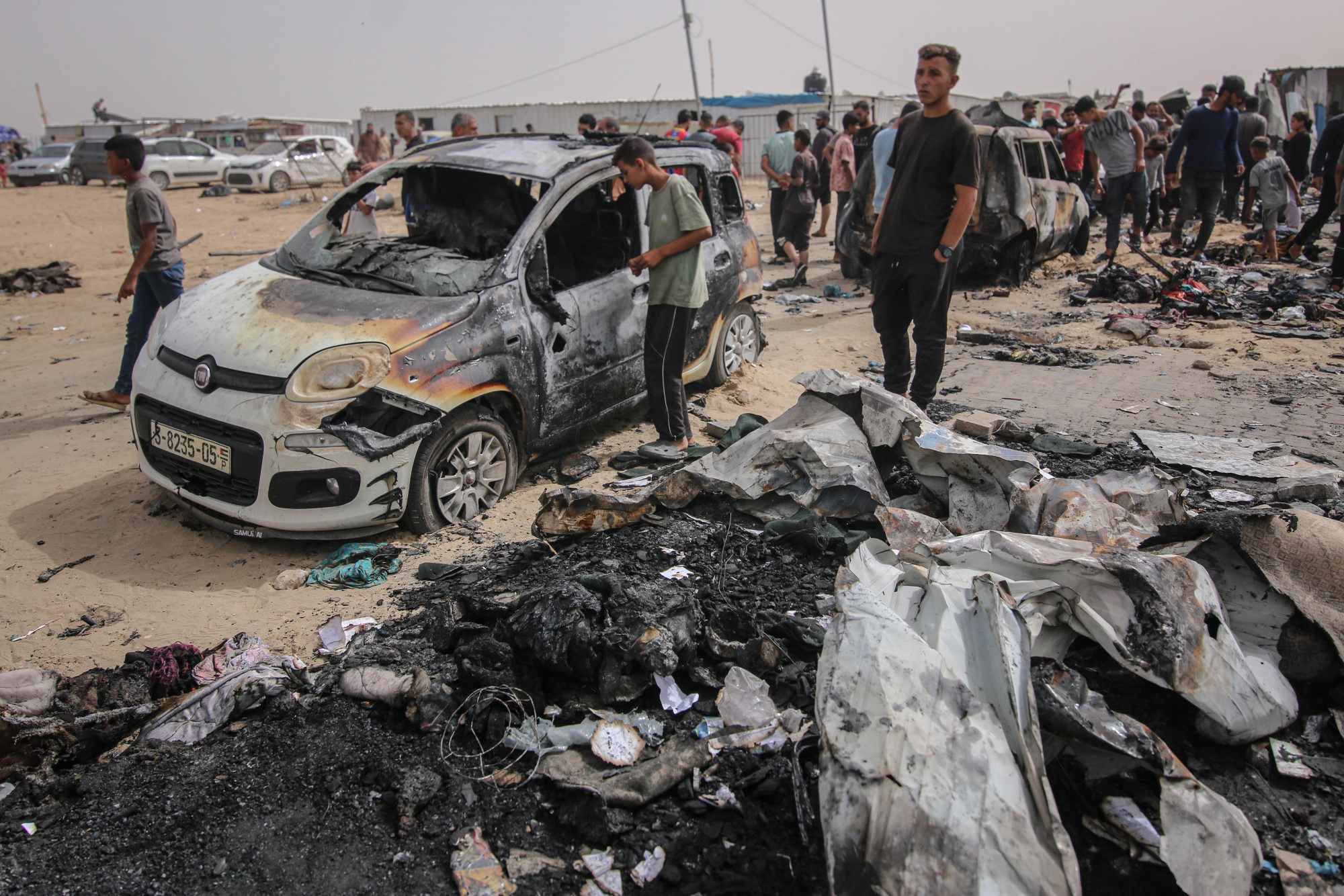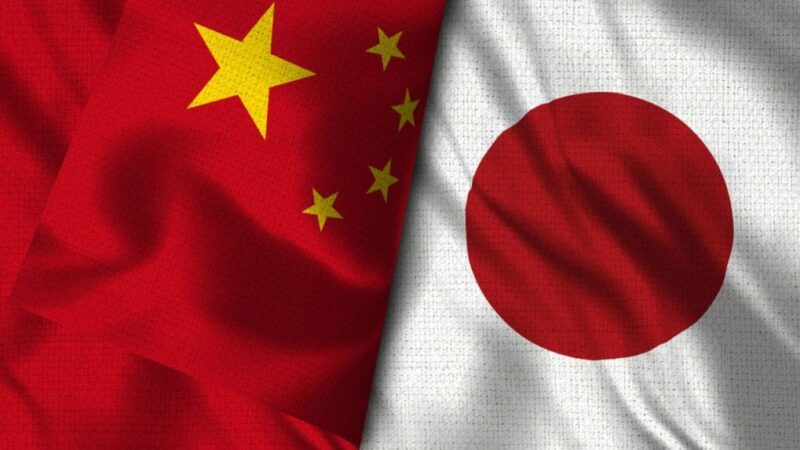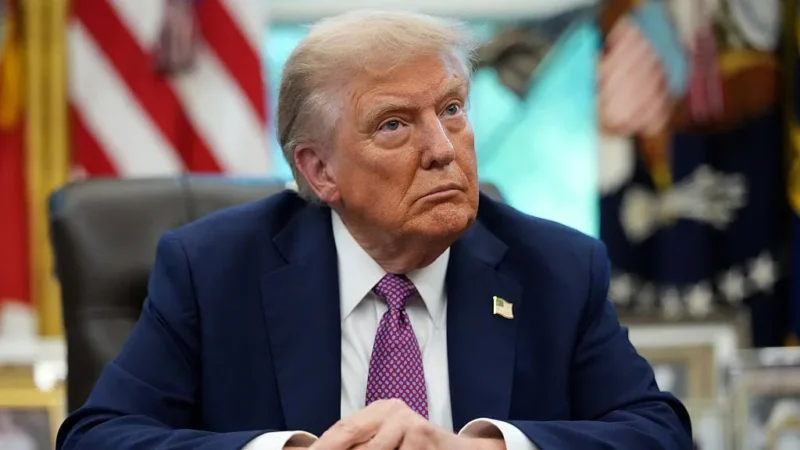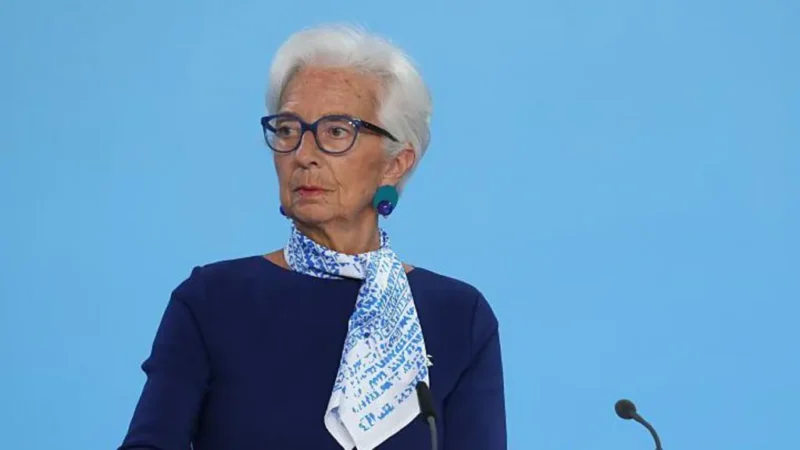The White House assures that Israel’s actions in Rafah do not breach any of the United States’ red lines.

The White House has clarified that the recent actions by Israel in Rafah are not considered a “major ground operation” that would prompt a change in US policy, according to spokesman John Kirby.
Israeli forces reportedly reached the center of the city in southern Gaza and seized a strategically important hill. President Joe Biden had previously stated that he would limit weapons supplies to Israel if they entered Rafah’s “population centers” where civilians are still seeking shelter.
The strike that resulted in the deaths of at least 45 Palestinians, many of whom were women, children, or elderly, is currently under investigation. The US state department is closely monitoring the situation and expects a thorough investigation by the Israeli military. Kirby emphasized that the US does not support a major ground operation in Rafah and that any such action could lead to different decisions regarding support.
At this stage, we have not witnessed such events occurring. Specifically, we have not observed any instances of them forcefully entering Rafah with large groups of troops, organized formations, or coordinated maneuvers targeting multiple locations on the ground. Israel has emphasized that capturing Rafah is crucial for achieving victory in its ongoing seven-month conflict against Hamas in Gaza.
Despite warnings of severe humanitarian consequences, Israel has dismissed them and remains determined to proceed with its military operations. The Israel Defense Forces (IDF) initiated targeted ground operations against Hamas fighters and infrastructure in the eastern part of Rafah on May 6th. Since then, they have gradually advanced into the densely populated eastern and central areas, as well as moved northward along the 13km (8-mile) border with Egypt. On May 8th, President Biden informed Israeli Prime Minister Benjamin Netanyahu that he would not provide weapons historically used in dealing with Rafah if Israeli forces entered the city.
However, he clarified that the supply of weapons had not been suspended at that point because Israel had not yet entered the populated areas of Rafah, and their operations had remained confined to the border. President Biden is facing increasing pressure domestically to exert more influence on the Israeli government to mitigate the humanitarian impact of the conflict.
Democratic Senator Chris Van Hollen, who visited Gaza in January, stated that the rising civilian death toll and worsening humanitarian crisis necessitate a pause in providing offensive military assistance to the Netanyahu government until certain conditions, including addressing the situation in Rafah and ensuring the urgent delivery of humanitarian aid, are met. In a speech to the Israeli parliament on Monday, Prime Minister Netanyahu acknowledged the tragic mistake of Sunday’s strike but affirmed the continuation of the Rafah operation.






